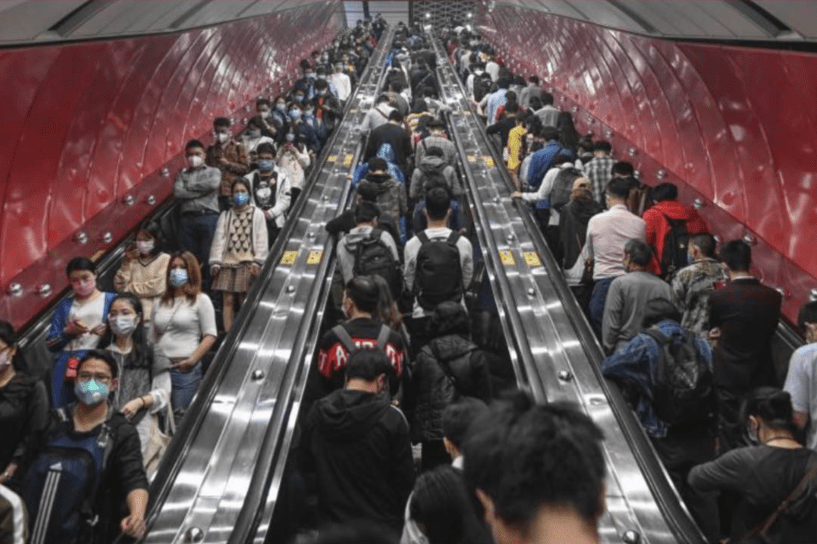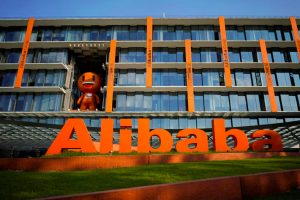(AF) China’s technology sector has been the focus of lurid tales of overworked staff suffering injury or dying on the job, with each case being greeted by protests against worker exploitation.
Now, the country’s highest court and labour ministry have lambasted the most controversial long-hours work practice – one that was endorsed by Alibaba boss Jack Ma – and said it is illegal.
In a guidance essay based on 10 case studies, the People’s Supreme Court and Ministry of Human Resources warned against the so-called ‘996’ work culture in which firms expect their staff to work from 9am to 9pm, six days a week.
In grim detail, the guidance described instances of injury and death caused by overwork, including an office worker who died of heart failure after dozing off in a staff toilet. It said ‘996’ was illegal and the case studies should be seen as examples of how not to operate. But the paper didn’t go so far as to ban overtime practices, which exist in a legal grey area.
The warning comes as disquiet grows over rising cases of workplace mistreatment at companies such as e-commerce giant Pinduoduo and follows years of suspicion that large companies, including iPhone maker Foxconn, were pushing staff too hard in order to book huge profits.
“Winners take all, big fish eat small fish, fast fish eat slow fish … this type of fierce competition has caused countless workers to pay a huge physical and mental price,” Yang Guoqing, a lecturer at the Centre of Modern Human Resources Assessment, was quoted as telling the South China Morning Post newspaper in Hong Kong.
Worried Investors
Angry calls for an investigation were launched in January when a Pinduoduo staff member died after collapsing on her way home from work. The Financial Times was told that the company operated under the gruelling ‘996’ culture. Another worker was later found to have committed suicide.
The essay appears to pull together two strands of recent policymaking that have worried investors. For months, authorities have been cracking down on technology companies they fear have grown too powerful. And last week President Xi Jinping restamped the ruling Communist Party’s imprint on policy by urging a redistribution of wealth, caps on “excessive incomes” and the return of fairness in the workplace.
The essay was addressed to all of China’s corporations but the focus has inevitably fallen on technology companies. Competition is intense in the sector, which China is relying on to bring about a data-led revolution in its economy.
Overwork has been encouraged by the endorsement of 996 culture by high-profile businessmen such as Ma, who said in 2019 “to be able to work 996 is a huge bliss”. JD.com chief Richard Liu also publicly condoned the practice, saying people who worked less were not “brothers”.
The billionaires said such practices were essential to success in the technology sector and the surest way to personal enrichment.
But a tide of anger has been stoked by the mistreatment reports. The Pinduoduo deaths sparked outrage among the public and company workers, plunged the e-commerce giant into a public relations disaster.
Meanwhile, short-video platform Kuaishou and TikTok owner Bytedance were criticised for regularly insisting staff work extra days without notice. Both companies have since said they’ll reduce the burden on employees.
























